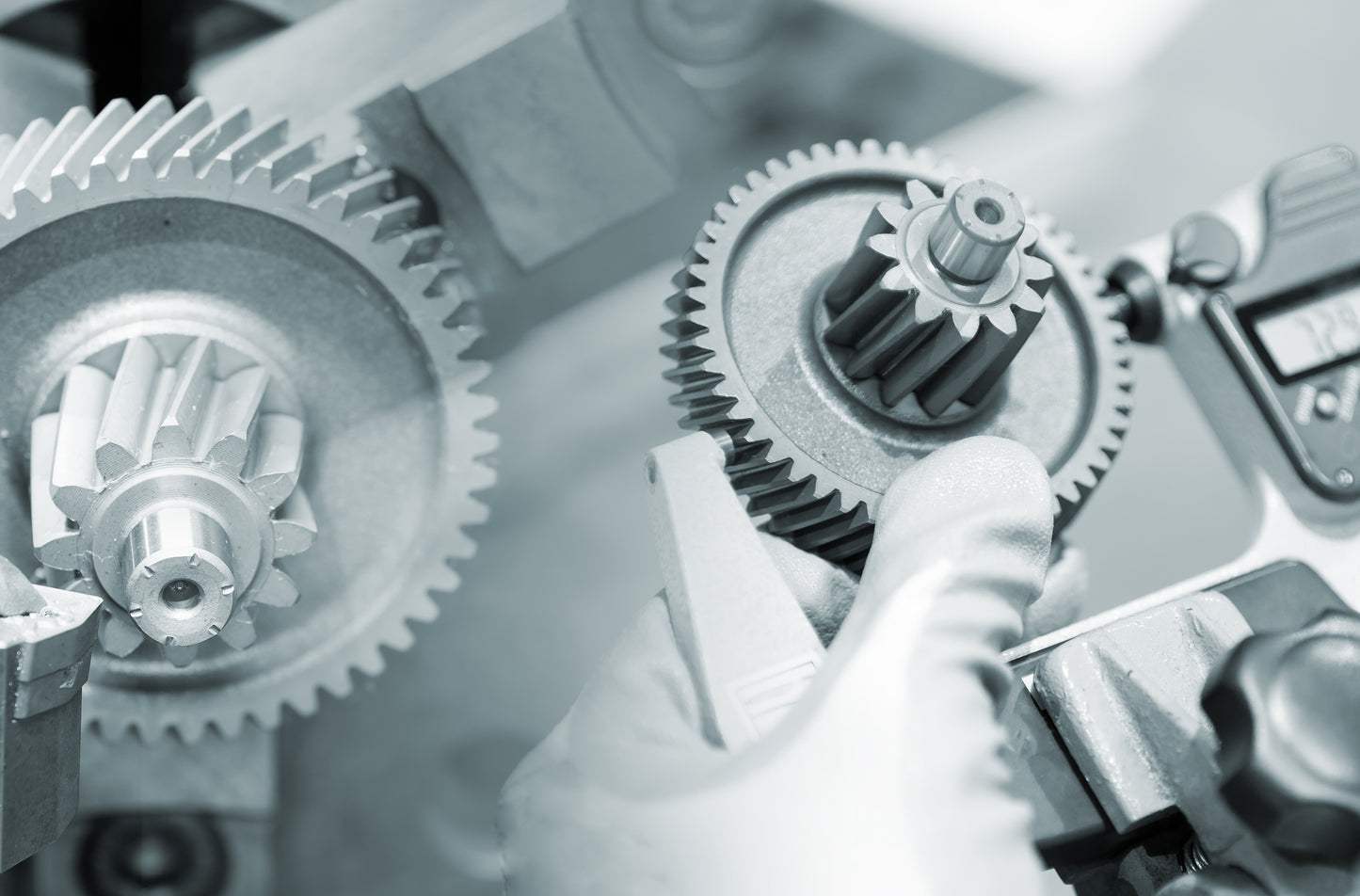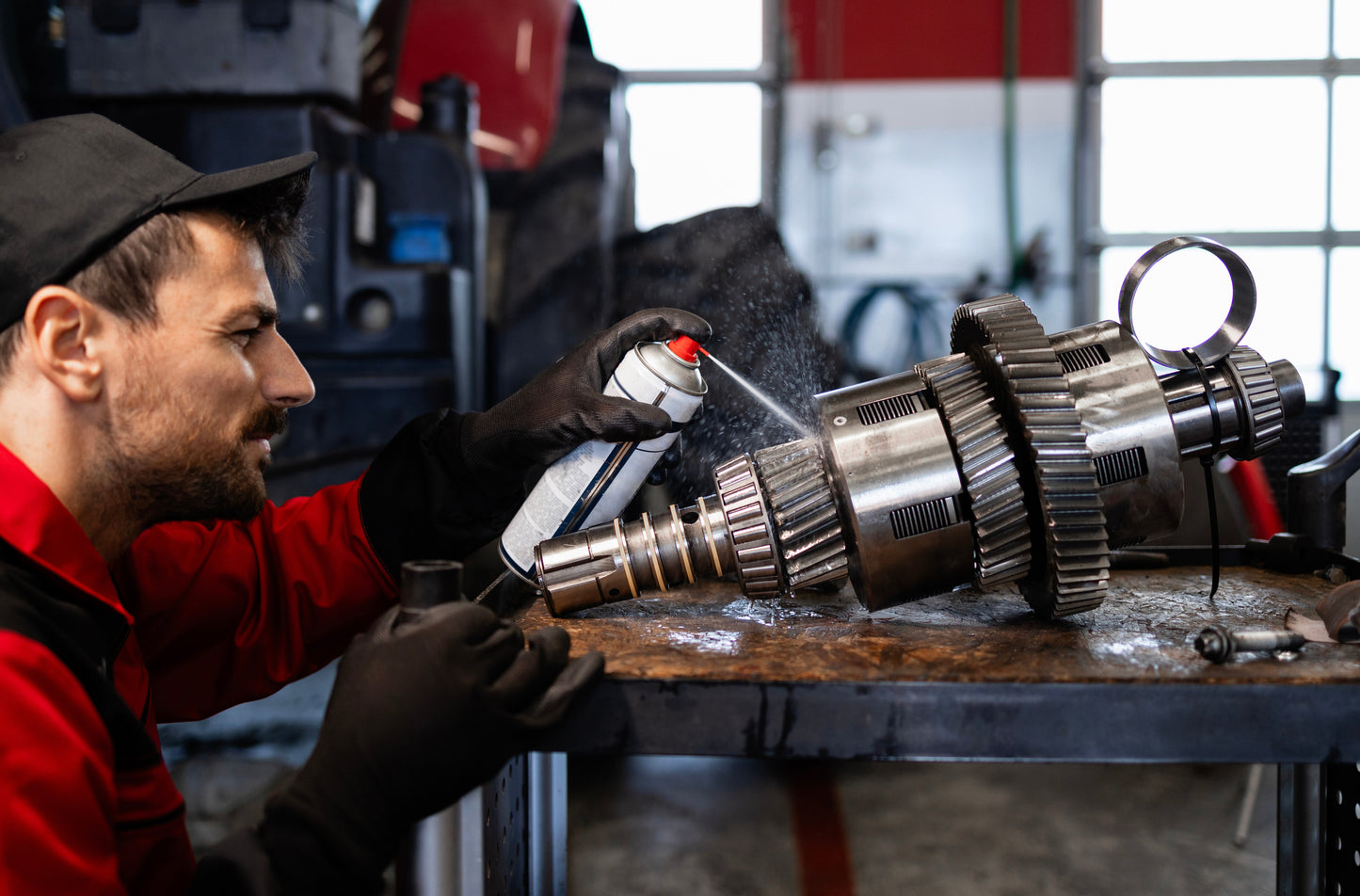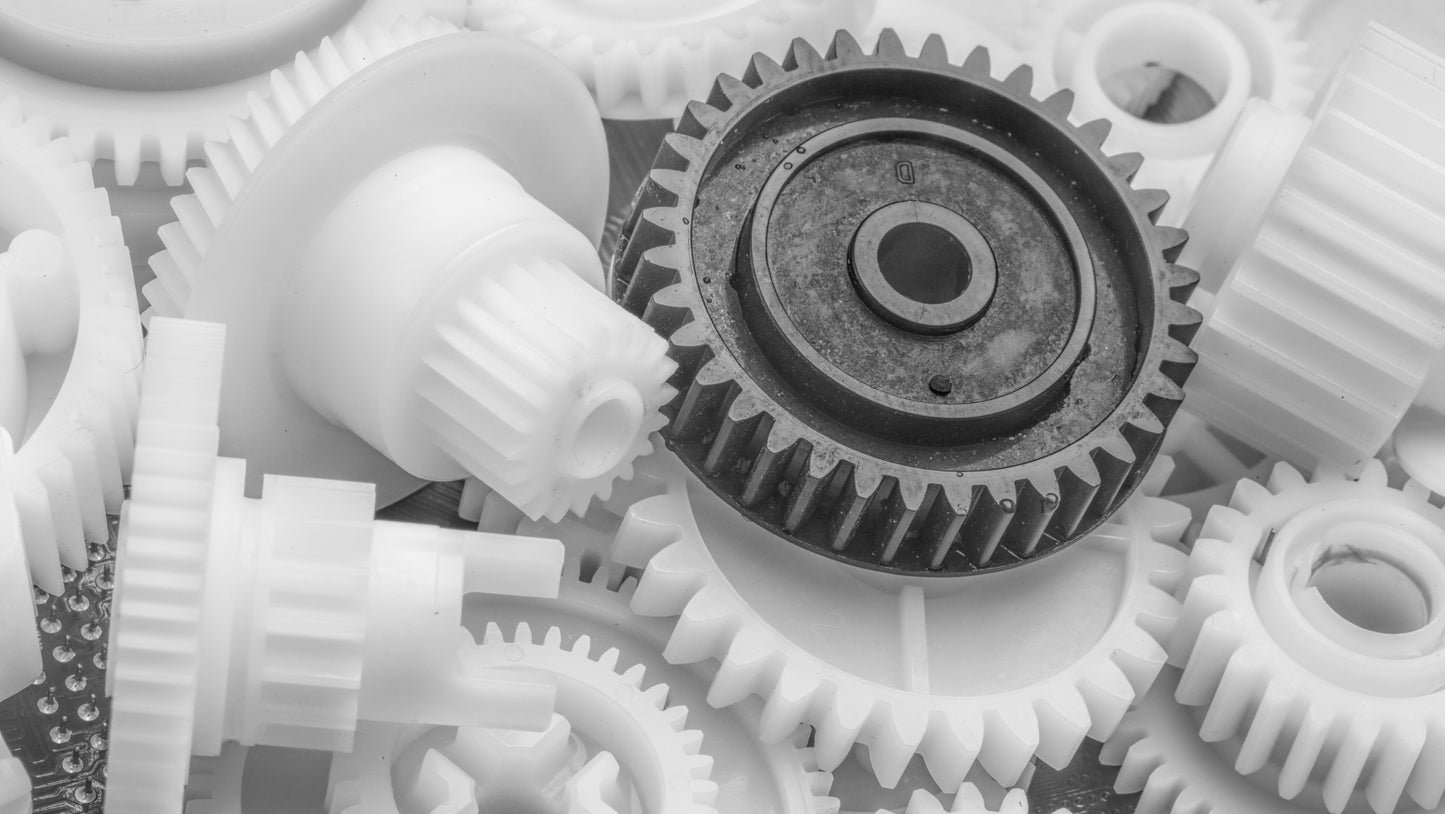Current detection methods and materials
Main focus
- Introduction to gear geometry
- Evaluation of load-bearing capacity verifications according to DIN and ISO standards
- Introduction to the extended verifications of flank fracture and gray staining
- Properties of new gear materials
- Evaluation of energy efficiency and optimization
- Calculation examples from current application areas
Prices
- First participant of a company: 790,- €*
- Each additional participant from the same company: 580,- €*
- University members (lecturers and students): 295,- €
All prices plus VAT
(* As an MDESIGN service customer, you benefit from a customer advantage of 10%.)
Documents
You will receive detailed seminar documentation and a certificate of attendance.
Your speaker Dipl.-Ing. Martin Wicht
- Studied mechanical engineering at the Technical University of Dresden, specializing in drive technology
- Project and development engineer for service calculations and further developments
Any questions? Here you can find all information about our online seminar!
MDESIGN knowledge update online seminars always take place in the morning and always live - for the best possible integration into your day-to-day work and the best possible exchange. Ask your questions directly to speakers with practical experience and benefit from the intensive exchange of knowledge. You can consolidate your learning success with detailed training documents.








